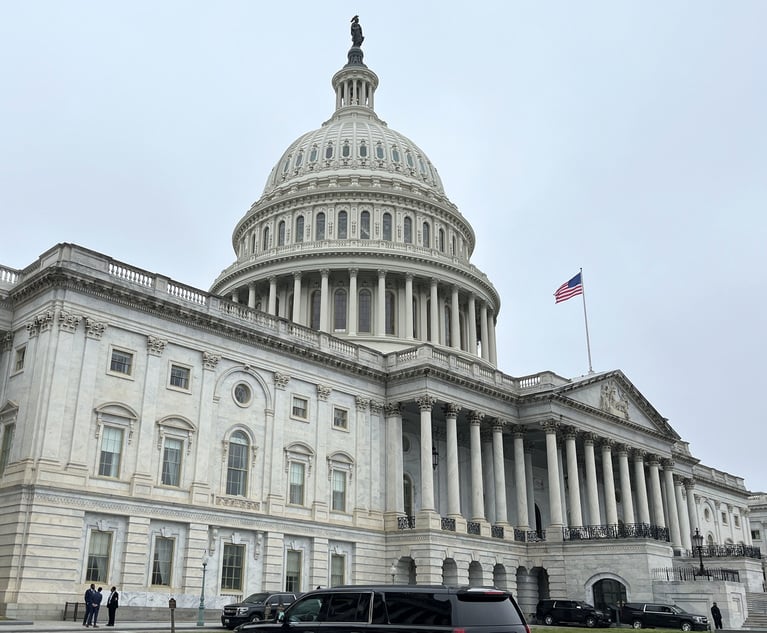2020 demonstrated that there are uncertainties about when a justice must recuse in a presidential post-election dispute. To maintain the U.S. Supreme Court’s legitimacy and assist peaceful transfers of power, before the 2024 election cycle, the justices should amend the court’s existing written policy to provide guidance that a justice will recuse if his or her spouse or child has given legal advice, or provided a legal service, in a presidential post-election dispute.
After former President Donald Trump declared on Nov. 4, 2020, that “we’ll be going to the U.S. Supreme Court,” Virginia Thomas, the wife of Justice Clarence Thomas and a lawyer, privately advised Trump’s chief aide about legal strategy, including advising on Nov. 13 that Sidney Powell should be Trump’s lead lawyer. Under the Supreme Court’s current written policy, uncertainties applied to whether the reported activities of Virginia Thomas required Justice Thomas, under 28 U.S.C. § 455, to recuse from any presidential post-election dispute concerning which candidate won.


 The U.S. Supreme Court building in Washington, D.C., on May 11, 2022. Photo: Diego M. Radzinschi/ALM
The U.S. Supreme Court building in Washington, D.C., on May 11, 2022. Photo: Diego M. Radzinschi/ALM





